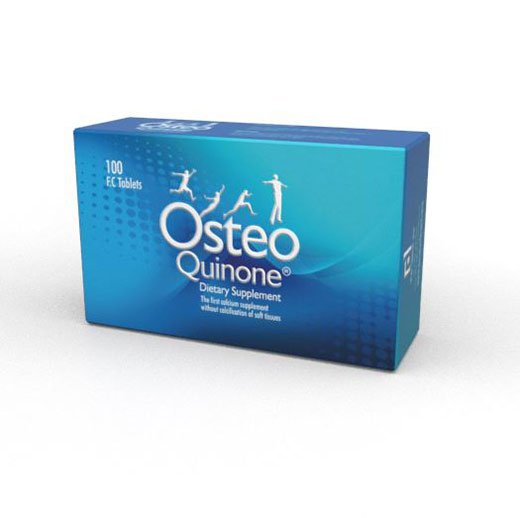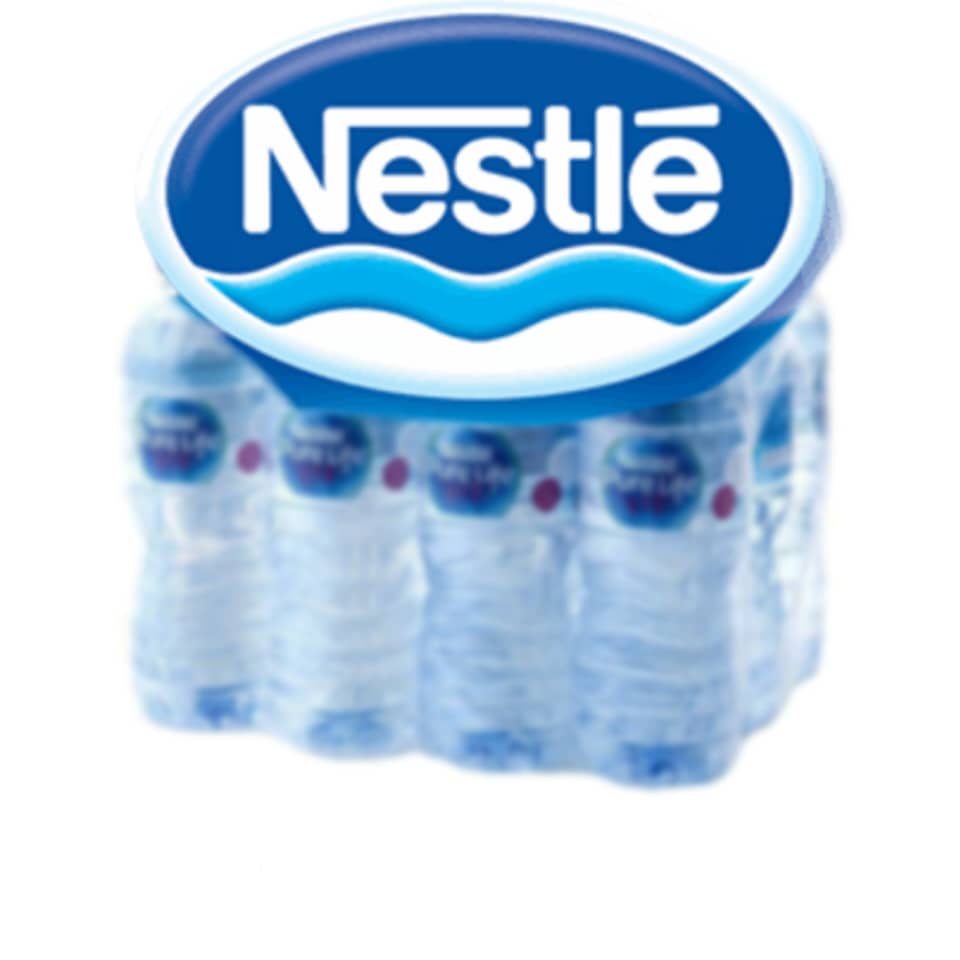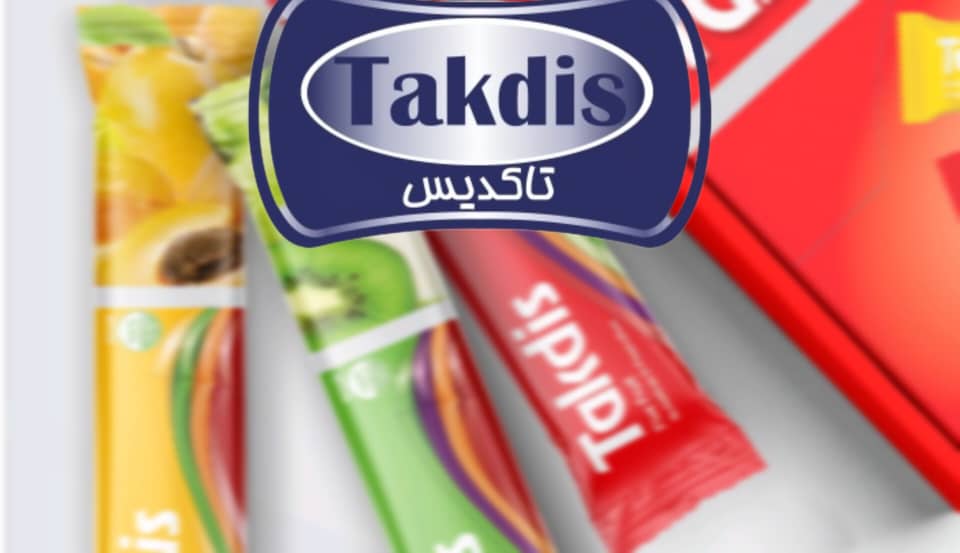
- Seen : 4478 View
The only calcium supplement without sediment, along with vitamin K₂
• Osteokinone in the prevention and treatment of osteoporosis
Osteokinone is a calcium supplement that contains vitamins K₂ and D₃, which are important for bone health and for the prevention of bone diseases such as osteoporosis (osteoporosis) and fractures. As we know, osteoporosis is one of the most common bone diseases in which bone loss and bone mass are reduced (the number and size of the bones decreases). This disease is associated with aging. Fortunately, specific measures can significantly reduce the chance of it occurring and prevent bone fractures, which in many cases can lead to disability. Osteokinone supplementation has a different mechanism for the prevention and treatment of these diseases due to vitamin K₂.
What is Vitamin K?
Vitamin K2 is one of the fat-soluble vitamins that are generally produced by bacteria and are found in less foods. Recent clinical studies have highlighted the benefits of vitamin K₂ for bone health and have demonstrated the effect of taking this vitamin for at least 6 months in reducing bone loss and increasing bone mineral content.
The role of osteokinone in bone health:
The vitamin K2 in this product surprisingly removes calcium from the blood and arteries, and stores it in bone tissue. Recent studies have shown that calcium supplementation alone, without the presence of vitamin K2, causes calcium deposition in soft tissues and veins. Vitamin K2 activates osteocalcin (vitamin K2-dependent bone protein) to provide bone matrix, thereby providing a suitable base for calcium maintenance (calcium effectively binds to the bone) and thereby effectively calcium in bone tissue. Vitamin D 2 (the active form of vitamin D) contained in this product increases the absorption of calcium and phosphorus, and on the other hand, increases the production of osteocalcin (bone protein) by osteoblasts.
Vitamin K₂ and the fate of calcium consumed in the body
Osteoporosis or osteoporosis, as defined by the National Health Association, is a skeletal disorder that occurs most in old age and is characterized by a decrease in bone strength and puts the individual at risk for bone fractures. Bone loss occurs quietly and often there is no sign of fracture until the fracture occurs. In women, osteoporosis begins at age 35 and worsens with age and onset of menopause. Spine, thigh and hip bones are the most common fracture sites. As we know, many researches have been done on the methods of prevention and treatment of osteoporosis and a number of factors and factors have been identified as risk factors and their elimination as effective methods for disease control and prevention. Among the many contributing factors to the disease, calcium and vitamin D deficiencies are prominent, and as part of a treatment protocol for the prevention and treatment of osteoporosis, calcium and vitamin D supplements are used. But according to the results of recent studies, it has been found that calcium intake alone, without the presence of vitamin K (menakinone 7), may not only be effective in locating calcium in the bone and improving disease conditions, but may also Calcification and deposition of calcium in the blood vessels. Now let's see what role vitamin Kامین plays in this process. The main task of absorption and placement of calcium in bone tissue is a protein called osteocalcin, which is produced in osteoblast cells. Osteocalcin protein needs vitamin K₂₋₇ to activate and function and in the presence of this vitamin is able to absorb and transport calcium into the bone. In addition, activated osteocalcin has an inhibitory role against osteoclast cells and prevents bone loss. In the absence or absence of vitamin k₂₋₇, this protein is not activated and as a result calcium is not absorbed into the bone and remains in the blood. If calcium is not in the right place, ie bones, it can lead to many complications, including deposition on blood vessels and hardening of the arteries, deposition on joints and cartilage hardness, as well as deposition on the kidneys and the formation of kidney stones, including They are complications. It is interesting to note that in addition to activating osteocalcin, Vitamin K گروه also activates another group of proteins that are present in soft tissues such as the arteries and cartilage and their role in protecting the tissue against calcification. And there are calcium deposits in them.
Given these factors, calcium supplements alone have been shown to provide more vascular and soft tissue calcification than to compensate for bone deficiency and improve osteoporosis!
That is why it is recommended today, after numerous studies, that vitamin K₂₋₇ is included as one of the important micronutrients in the diet and even researchers have suggested to the Food and Drug Administration (FDA) to use it Enrich the food of the general public.
Studies and studies have also shown the benefits of using vitamin K2-7 to improve bone density and reduce cardiovascular disease. In a study published in the 2011 BGN Journal of Nutrition, the effect of K2-7 consumption on increasing osteocalcin activity and improving bone mineralization and density was proven. In addition, the results of the Rotterdom study that followed
Saler Company Information










